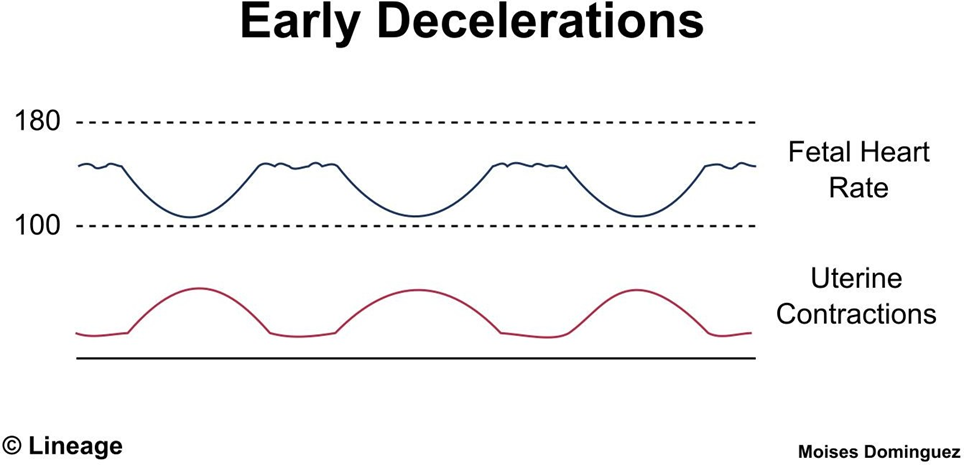A nurse is admitting a client who has antisocial personality disorder. Which of the following client behaviors should the nurse identify as consistent with this disorder?
Compulsive attention to details
Avoids interacting with others
Uses others for personal gain.
Socially awkward in group situations
The Correct Answer is C
A. Compulsive attention to details: This behavior is more characteristic of obsessive-compulsive personality disorder rather than antisocial personality disorder.
B. Avoids interacting with others: Antisocial personality disorder is characterized by a disregard for and violation of the rights of others, but avoidance of social interaction is not a typical
feature.
C. Uses others for personal gain: This behavior aligns with the manipulative and exploitative tendencies often seen in individuals with antisocial personality disorder.
D. Socially awkward in group situations: While individuals with antisocial personality disorder may have difficulty forming meaningful relationships, they often have superficial charm and can be socially adept, so being socially awkward in group situations is less indicative of this disorder.
Nursing Test Bank
Naxlex Comprehensive Predictor Exams
Related Questions
Correct Answer is A
Explanation
A.
A. Early decelerations are typically benign and occur in response to head compression during contractions. They mirror the uterine contractions and are not associated with fetal distress.
B. Fetal hypoxia is associated with variable or late decelerations, not early decelerations.
C. Abruptio placentae is a medical emergency characterized by premature separation of the placenta from the uterine wall, which can lead to late decelerations due to fetal hypoxia.
D. Postmaturity is a term used to describe a pregnancy that extends beyond 42 weeks gestation and is not directly related to fetal heart rate patterns during labor.

Correct Answer is C
Explanation
A. Tilted head position facilitates drainage into the nasolacrimal duct, not necessarily into the eye.
B. Washing away exudate is not necessary before administering eye drops.
C. Using aseptic technique to drop medication into the conjunctival sac ensures proper delivery of the medication to the eye.
D. Dropping medication onto the cornea can cause discomfort and may not effectively reach the eye.
Whether you are a student looking to ace your exams or a practicing nurse seeking to enhance your expertise , our nursing education contents will empower you with the confidence and competence to make a difference in the lives of patients and become a respected leader in the healthcare field.
Visit Naxlex, invest in your future and unlock endless possibilities with our unparalleled nursing education contents today
Report Wrong Answer on the Current Question
Do you disagree with the answer? If yes, what is your expected answer? Explain.
Kindly be descriptive with the issue you are facing.
